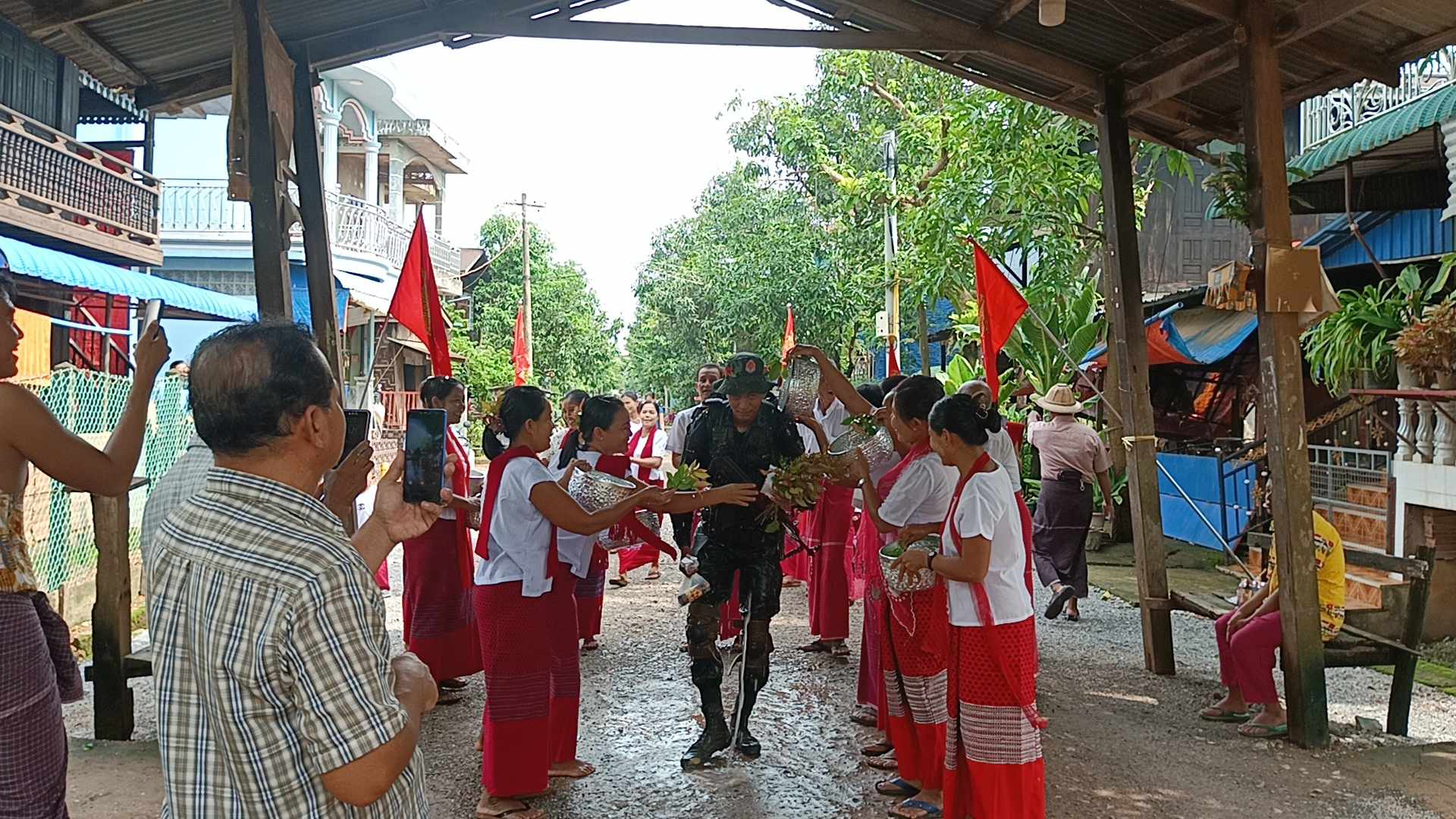Yangon, 16 August
The Nationwide Ceasefire Agreement (NCA) includes restrictions on freedom of movement for the junta army and ethnic armed organizations (EAOs), the EAO leaders told Than Lwin Times.
The NCA treaty was initially signed by eight ethnic armed organizations under former general and president U Thein Sein.
After that, two more ethnic armed organizations signed the NCA under the civilian government led by public leader Daw Aung San Suu Kyi.
Colonel Saw Kyaw Nyunt, spokesperson for seven NCA-signatories, said, “If the NCA-affiliated groups want to travel to the control area of the other group, both sides can negotiate in advance. These restrictions are also included in the contract. However, we have not finalized agreements on territorial concerns, such as whether it is a controlled or designated area after signing the NCA”.
According to Section 8, Chapter 3 of the NCA, the military and EAO personnel are allowed to move freely anywhere without carrying arms, except in restricted areas for security reasons. However, if one armed group needs to travel with weapons within the territory controlled by the other group, the treaty requires both sides to negotiate.
Colonel Khun Okka, patron of the Pa’o National Liberation Organization (PNLO), told the Than Lwin Times, “There are disputes over control areas, and each group has territorial parameters in the state-level cease-fire agreement. Therefore, when the agreement was signed, problems often arose if the groups did not clearly state the territorial parameters”.

Each of the ethnic armed groups that signed the NCA had to sign a bilateral ceasefire agreement with the relevant territory or state authorities.
However, after the recent military coup, fierce fighting broke out between some of the ethnic armed organizations that had signed the NCA and the junta army.
Furthermore, the military is cracking down on the People’s Defense Forces (PDFs), which sprung up as a result of the coup, by means of ground operations, heavy weapons fire, and airstrikes.
A civilian representative who participated in the State-level Joint Monitoring Committee on Ceasefire (JMC-S) said that there was no answer to be given regarding the practical implementation of the NCA after the coup.
The JMC was formed at the federal, state, and regional levels to coordinate the implementation of the NCA, which was developed by two successive democratic governments.
“After 2021, all processes will have ceased, and the NCA will no longer be effective,” Colonel Saw Kyaw Nyunt remarked.
However, since the military breached the principles of Chapter 1 of the NCA following the coup, the NCA is no longer in force and there is no reason to abide by it, according to the KNU.
The Chapter 1 of the NCA contains 11 principles, including not to solve political problems with military means, but to strive to improve the security and life of the entire population.
However, following the coup, the ethnic armed organizations involved in the Spring Revolution no longer accepted the NCA, while the EAOs, which are currently in peace talks with the military council, continues to adhere to the NCA.
The National Solidarity and Peacemaking Negotiation Committee (NSPNC), chaired by Lieutenant General Ya Pyae, on the other hand, has been sending notices to the NCA-signatories to comply with the NCA’s requirements.
News-Than Lwin Times
Photo-Bud-4

